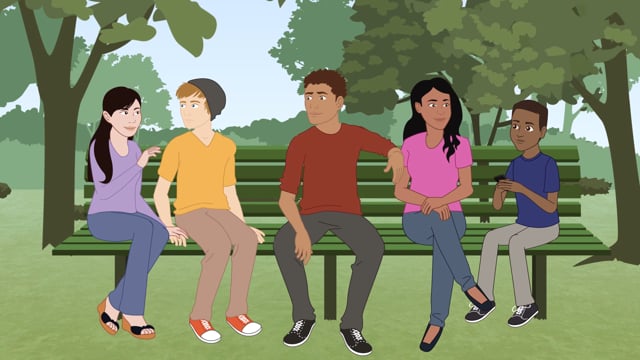Find a Provider
From well-child visits to specialized treatment of complex illnesses and injuries, we offer comprehensive care from an exceptional team of doctors, nurses and allied professionals.
- Parents Home
- Para Padres
- A to Z Dictionary
- Allergy Center
- Asthma
- Cancer
- Diabetes
- Diseases & Conditions
- Doctors & Hospitals
- Emotions & Behavior
- First Aid & Safety
- Flu (Influenza)
- Food Allergies
- General Health
- Growth & Development
- Heart Health & Conditions
- Homework Help Center
- Infections
- Newborn Care
- Nutrition & Fitness
- Play & Learn
- Pregnancy Center
- Preventing Premature Birth
- Q&A
- School & Family Life
- Sports Medicine
- Teens Home
- Para Adolescentes
- Asthma
- Be Your Best Self
- Body & Skin Care
- Cancer
- Diabetes
- Diseases & Conditions
- Drugs & Alcohol
- Flu (Influenza)
- Homework Help
- Infections
- Managing Your Weight
- Medical Care 101
- Mental Health
- Nutrition & Fitness
- Q&A
- Safety & First Aid
- School, Jobs, & Friends
- Sexual Health
- Sports Medicine
- Stress & Coping
Smoking and Asthma
Does Smoking Make Asthma Worse?
Yes. If you have asthma, smoking is especially risky because of the damage it does to the lungs.
Smoke irritates the airways, making them swollen, narrow, and filled with sticky mucus — the same things that happen during an asthma flare-up. That's why smoking can cause asthma flare-ups (or "attacks") to happen more often. They also might be more severe and harder to control, even with medicine.

7 Reasons to Be Smoke-Free
Most people don't smoke. From yellow teeth to coughing, here are seven reasons why that's a good thing.
Why Should I Quit Smoking?
No matter why you started, if you're thinking about quitting, it would probably help your asthma.
Here are some reasons why:
- Smoking can undo the effect of any medicine you take to keep your asthma under control.
- Smoking can force you to use medicine more often for quick relief of symptoms.
- Smoking can disturb your sleep by making you cough more at night.
- Smoking can affect how well you do in sports or other physical activities.
- Smoking can send you to the ER with a severe asthma flare-up.
If you decide to quit, you don't have to go it alone. Get support from other people — like friends, family, or other smokers who are trying to quit. Ask your doctor about medicines or things you can do to crave cigarettes less. Your doctor wants to help you quit!
Can Secondhand Smoke Affect My Asthma?
Even if you don't smoke, you may still run into smoky situations at parties, events, or even at home. Secondhand smoke is a known asthma trigger. You'll want to avoid it as much as possible if you have asthma.
If you hang out with smokers or have a family member who smokes in the house, you're likely to have more frequent and severe asthma symptoms. That might mean more medicine and more trips to the doctor's office or ER.
There's not much you can do about other people's behavior. But let your friends and family know that what they're doing is making your asthma worse. Ask them not to smoke in your house or car.
Is Vaping OK for People With Asthma?
Some people with asthma might think that e-cigarettes ("vaping") are a safe alternative to smoking. E-cigarettes don't fill the lungs with smoke, but they do fill the lungs with vapor that contains lots of chemicals. Those chemicals also irritate the airways, making asthma flare-ups more likely. And the vapors from e-cigarettes are harmful not only to those to vape, but to those around them.

© 1995- The Nemours Foundation. KidsHealth® is a registered trademark of The Nemours Foundation. All rights reserved.
Images sourced by The Nemours Foundation and Getty Images.


